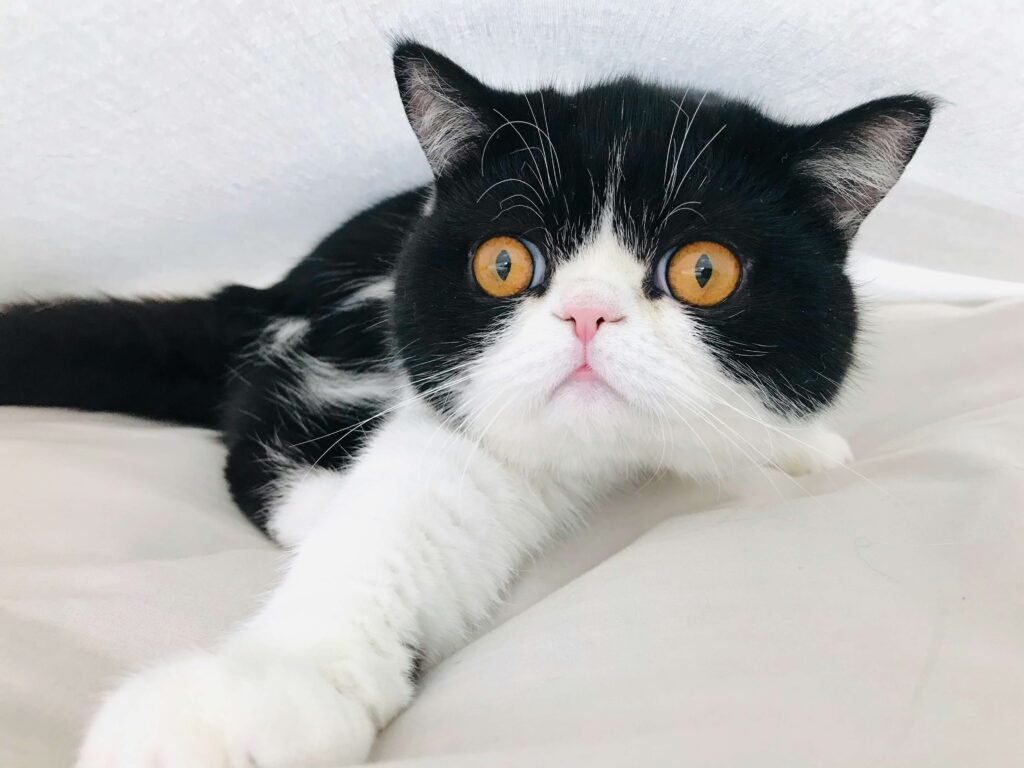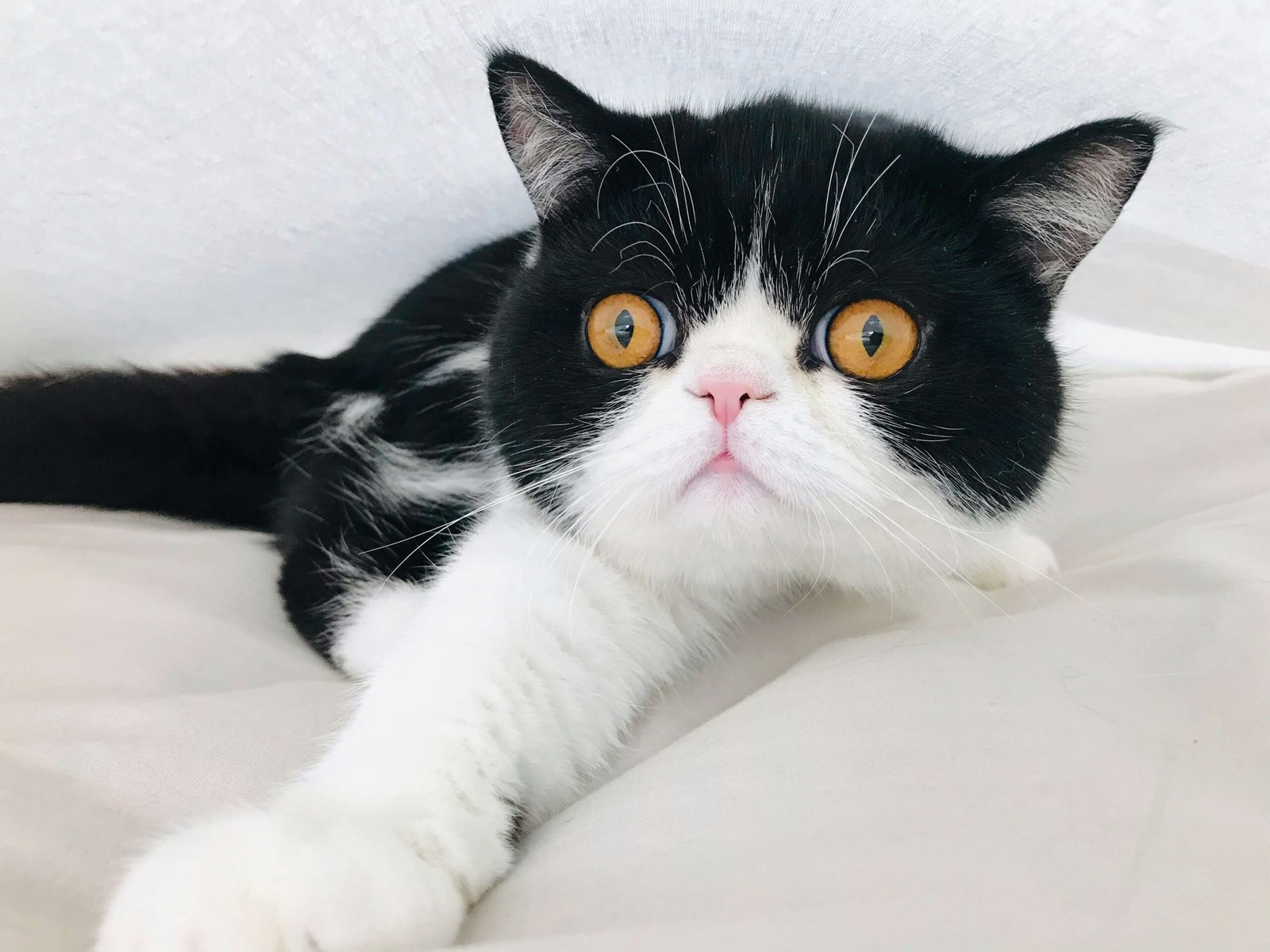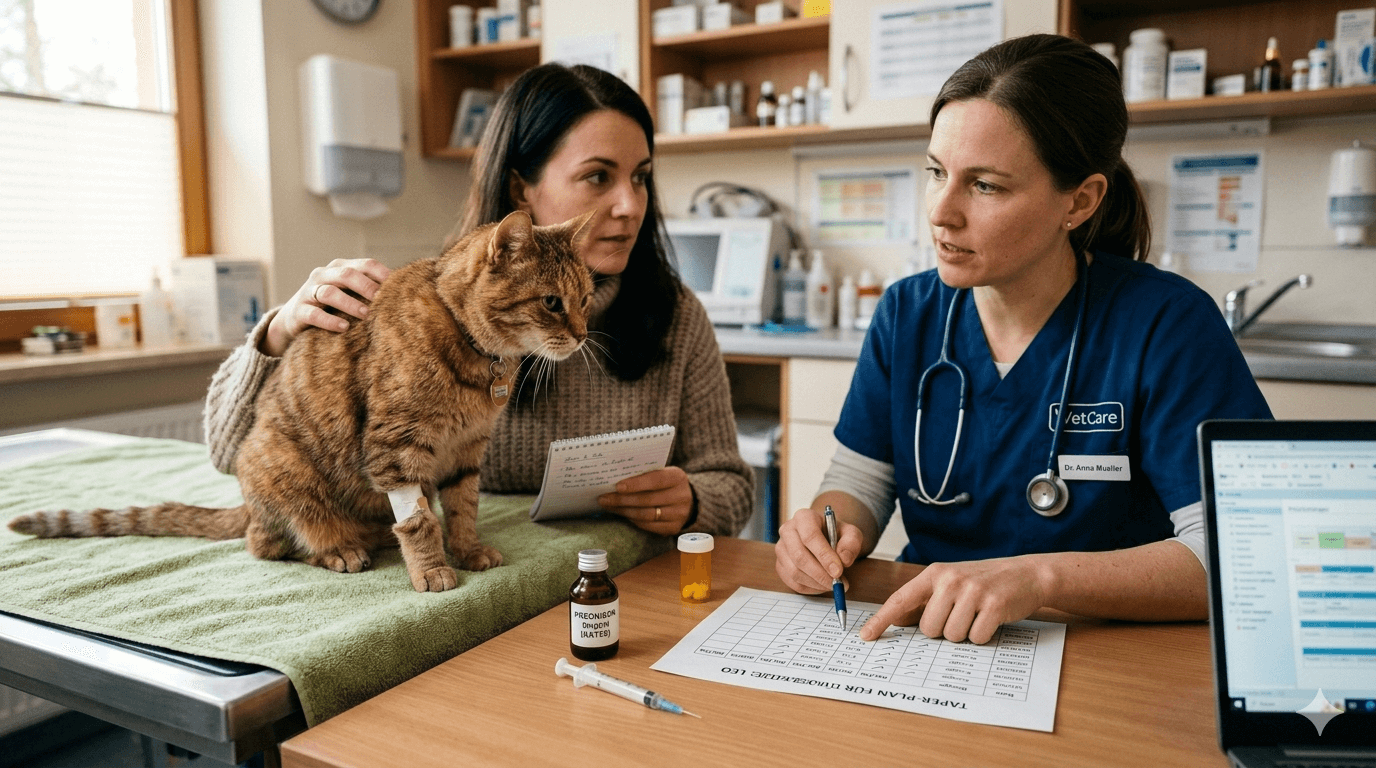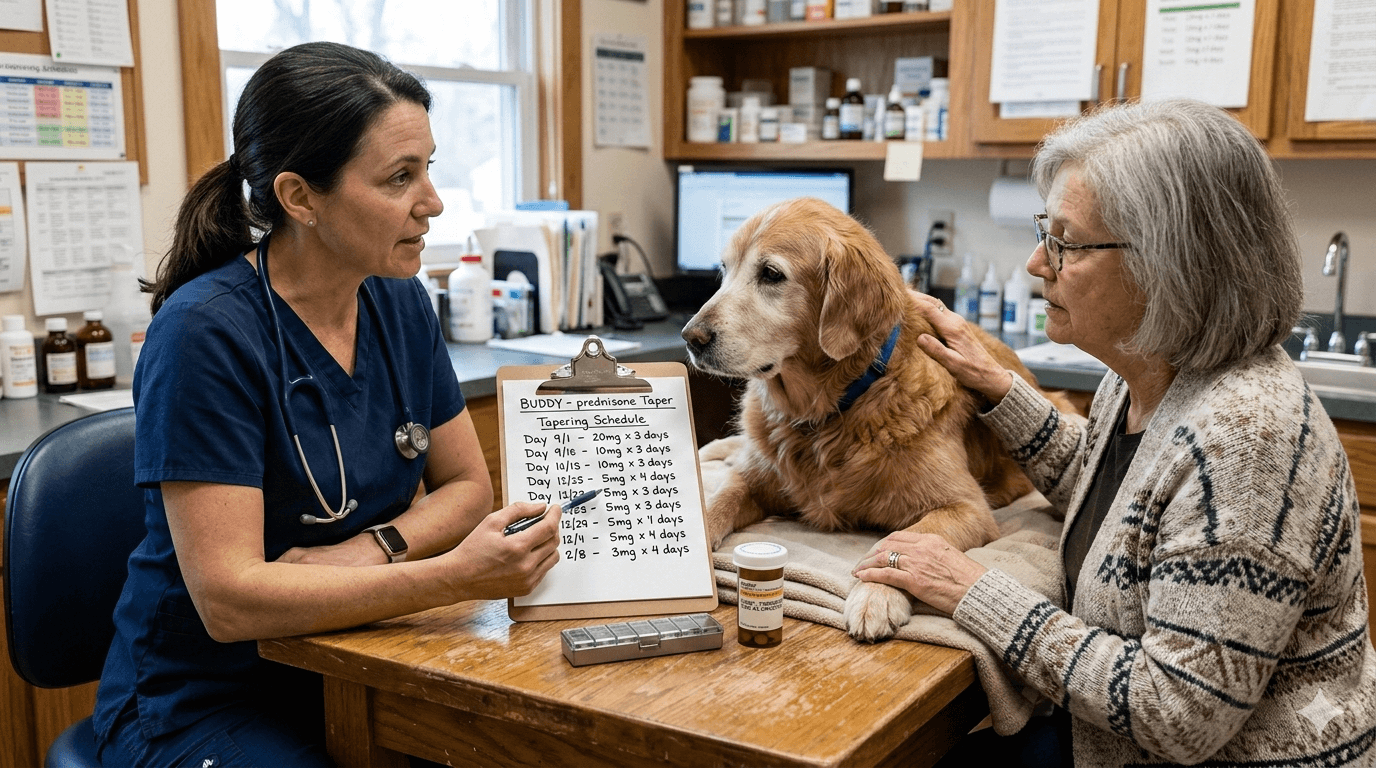Why Is My Cat Itching and Licking So Much? Understanding the Causes and Solutions
Cats are known for their meticulous grooming habits, but when your feline friend starts itching and licking excessively, it can be a sign that something is amiss. While occasional scratching or grooming is normal, persistent behavior might indicate an underlying issue that needs attention. As a cat owner, it’s essential to understand why your cat might be feeling uncomfortable and what steps you can take to help them feel better. In this blog post, we’ll explore the potential causes of excessive itching and licking in cats, from allergies to parasites, and provide actionable tips to address the problem.
Common Causes of Excessive Itching and Licking in Cats
Excessive itching and licking in cats can stem from a variety of causes. Identifying the root of the problem is the first step toward helping your furry companion. Below are some of the most common reasons behind this behavior:
Allergies : Cats can develop allergies to food, environmental factors like pollen, or even flea saliva. These allergies can lead to intense itching and discomfort.
Parasites : Fleas, ticks, and mites are common culprits behind skin irritation. Even a single flea bite can trigger an allergic reaction in sensitive cats.
Dry Skin : Just like humans, cats can suffer from dry skin, especially during colder months or in low-humidity environments. This can cause flakiness and itchiness.
Stress or Anxiety : Cats often groom themselves as a way to self-soothe. If your cat is stressed or anxious, they may lick excessively as a coping mechanism.
Underlying Health Conditions : Issues like hormonal imbalances, infections, or even certain diseases can manifest as skin problems, leading to excessive licking.
Understanding these potential causes can help you narrow down the source of your cat’s discomfort and seek appropriate treatment. Remember, early intervention is key to preventing further complications.
Signs That Your Cat’s Itching and Licking May Be a Problem
While some degree of grooming is natural for cats, there are clear signs that indicate when their behavior has crossed into problematic territory. Paying attention to these signs can help you determine whether your cat needs professional care. Here are some red flags to watch out for:
Hair Loss : Patches of missing fur, especially in areas where your cat frequently licks, can signal over-grooming due to discomfort or stress.
Red or Irritated Skin : If your cat’s skin appears inflamed, scabby, or raw, it could be a sign of an underlying issue like allergies or an infection.
Behavioral Changes : Cats that are normally calm but suddenly seem agitated or restless may be trying to cope with physical discomfort.
Odor : A noticeable smell coming from your cat’s skin or coat can indicate a bacterial or fungal infection.
Increased Scratching : If your cat is scratching more than usual, especially in combination with licking, it’s worth investigating further.
If you notice any of these symptoms, it’s important to consult a veterinarian to rule out serious conditions. Early detection can make a significant difference in your cat’s recovery.
Check this guide 👉Why Does My Cat Lick Plastic? Best 7 Behavior Tips!
Check this guide 👉Why Is My Cat Licking My Blanket? Best 7 Behavior Tips!
Check this guide 👉Why Does My Cat Lick Me When I Pet Her? Best 7 Expert Tips!

Symptoms to Watch For | Possible Causes |
|---|---|
Hair loss or bald patches | Allergies, stress, or parasites |
Red, irritated, or scabby skin | Infections, flea bites, or mites |
Behavioral changes (restlessness) | Pain, anxiety, or discomfort |
Unusual odor from skin or coat | Bacterial or fungal infections |
Excessive scratching and licking | Dry skin, allergies, or parasites |
How to Help Your Cat Feel Better
Once you’ve identified the possible cause of your cat’s excessive itching and licking, there are several steps you can take to alleviate their discomfort. Here are some practical tips to help your cat feel better:
Consult a Veterinarian : A professional diagnosis is crucial to rule out serious conditions and determine the best course of action.
Use Flea Prevention Products : Regularly treating your cat with vet-approved flea prevention products can help keep parasites at bay.
Adjust Their Diet : If food allergies are suspected, consider switching to a hypoallergenic diet under veterinary guidance.
Moisturize Their Skin : For cats with dry skin, adding omega-3 fatty acids to their diet or using a vet-recommended moisturizer can provide relief.
Reduce Stress : Create a calming environment by providing hiding spots, toys, and consistent routines to help ease anxiety-related licking.
Taking these steps can significantly improve your cat’s quality of life. However, always consult your vet before making major changes to your cat’s care routine.
Preventing Future Episodes of Itching and Licking
Prevention is always better than cure. By taking proactive measures, you can minimize the chances of your cat experiencing excessive itching and licking in the future. Here are some preventive strategies to consider:
Regular Grooming : Brushing your cat’s coat regularly can help remove loose hair and distribute natural oils, reducing the risk of skin issues.
Keep Their Environment Clean : Vacuuming frequently and washing bedding can help eliminate allergens and parasites from your home.
Monitor Their Behavior : Keep an eye on your cat’s habits and address any unusual behavior promptly to prevent it from escalating.
Provide Mental Stimulation : Engage your cat with interactive toys and activities to reduce stress and boredom-related licking.
Schedule Routine Vet Checkups : Regular veterinary visits can help catch potential health issues early, ensuring your cat stays happy and healthy.
By incorporating these practices into your routine, you can help your cat maintain healthy skin and a stress-free lifestyle.
Environmental Factors Contributing to Itching
Environmental factors can play a significant role in your cat’s excessive itching and licking. Cats are sensitive creatures, and changes in their surroundings can lead to skin irritation or stress-related behaviors. Here are some environmental triggers to consider:
Seasonal Allergies : Pollen, grass, and mold spores can irritate your cat’s skin during certain times of the year.
Household Cleaners : Harsh chemicals in cleaning products may leave residues that irritate your cat’s skin.
Dust and Dander : Poor air quality or high levels of dust in your home can exacerbate allergies.
Temperature Extremes : Extreme heat or cold can dry out your cat’s skin, making it more prone to itching.
New Furniture or Carpets : Synthetic materials or dyes in new items can sometimes trigger allergic reactions.
By identifying and minimizing exposure to these environmental factors, you can help reduce your cat’s discomfort. Small changes, like using pet-safe cleaners or investing in an air purifier, can make a big difference.
Dietary Adjustments to Alleviate Itching
Your cat’s diet plays a crucial role in maintaining healthy skin and reducing the urge to itch or lick excessively. Certain foods can either soothe or aggravate their condition. Here are some dietary adjustments to consider:
Hypoallergenic Diets : Switching to a limited-ingredient diet can help identify and eliminate potential allergens.
Omega-3 Fatty Acids : Adding fish oil or other omega-3 supplements can improve skin hydration and reduce inflammation.
Probiotics : These can support gut health, which is often linked to skin conditions and overall immune function.
Hydration : Ensuring your cat drinks enough water or switching to wet food can prevent dry skin caused by dehydration.
Avoid Artificial Additives : Some cats are sensitive to artificial colors, flavors, or preservatives in commercial pet foods.
Making thoughtful dietary changes can significantly improve your cat’s skin health. Always consult your veterinarian before introducing new foods or supplements to ensure they’re safe and appropriate for your cat.
Behavioral Strategies to Reduce Stress-Related Licking
Stress and anxiety can manifest as excessive licking in cats, so addressing their emotional well-being is essential. Creating a calming environment can help minimize stress-related behaviors. Here are some strategies to try:
Safe Spaces : Provide cozy hiding spots where your cat can retreat when feeling overwhelmed.
Routine and Consistency : Cats thrive on predictability, so maintaining a consistent daily schedule can reduce anxiety.
Interactive Play : Engaging your cat with toys or puzzle feeders can distract them from obsessive licking.
Calming Products : Consider using pheromone diffusers or sprays designed to soothe anxious cats.
Limit Loud Noises : Reducing sudden or loud sounds in your home can help create a more peaceful atmosphere.
By focusing on your cat’s mental and emotional health, you can help curb stress-related licking. Remember, patience and consistency are key when implementing these strategies.
Frequently Asked Questions About Cat Itching and Licking
Why does my cat lick itself so much?
Excessive licking can be caused by allergies, parasites, dry skin, or stress. If the behavior persists, consult a vet.
Can fleas cause my cat to itch constantly?
Yes, fleas can irritate your cat’s skin and even trigger an allergic reaction, leading to intense itching.
Is it normal for cats to lose hair from licking?
Some hair loss is normal, but excessive grooming resulting in bald patches is not and should be evaluated by a vet.
What can I do to relieve my cat’s dry skin?
You can try increasing humidity in your home, using a vet-recommended moisturizer, or adding omega-3 supplements to their diet.
When should I take my cat to the vet for itching?
If your cat’s itching is accompanied by hair loss, redness, odor, or behavioral changes, it’s time to see a vet.
Conclusion: Prioritizing Your Cat’s Comfort and Well-Being
Excessive itching and licking in cats can be distressing for both the pet and the owner. By understanding the potential causes and taking proactive steps, you can help your feline friend feel more comfortable and content. Whether it’s addressing allergies, managing stress, or simply maintaining a clean environment, every effort counts toward ensuring your cat’s well-being. Remember, your veterinarian is your best ally in diagnosing and treating any issues, so don’t hesitate to reach out for professional advice. With patience and care, you can restore your cat’s happiness and keep their skin healthy for years to come.
How to Taper Off Prednisone for Cats: Best 7 Expert Tips! – Safely reduce prednisone with vet guidance. Learn now!
How to Taper Off Prednisone Schedule for Dogs: Best 7 Tips! – Learn the safe way to reduce prednisone, recognize withdrawal signs, and keep your dog healthy during the process.
Can a Cat Scratch Give You Rabies? Best 7 Expert Tips! – Learn how rabies spreads, assess risks from cat scratches, and know when to seek medical help. Stay safe!
Can a Dog Scratch Give You Rabies? Best 7 Expert Tips! – Learn the risks, symptoms, and steps to take if scratched by a dog. Stay informed and protect yourself from rabies exposure.





